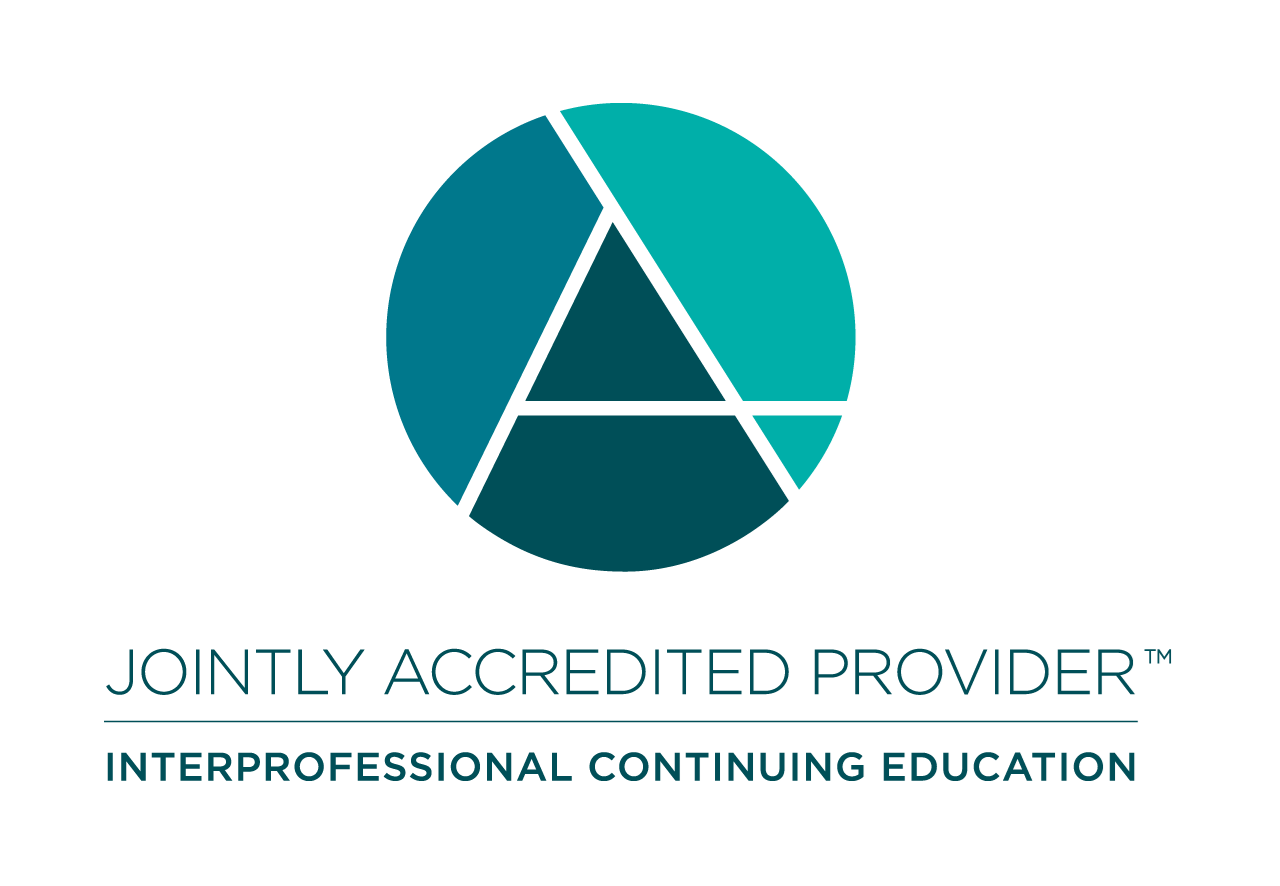Community, Collaboration and Consistency: Identifying Optimal Patient Care Transitions Across the Continuum and Through COVID-19
This session will focus on a partnership that has accelerated patient throughput, enhanced medical staff collaboration and improved quality of patient care pre-COVID-19—a partnership that continued during the height of the COVID-19 pandemic and into today as patients recover from COVID-19 and other non-COVID-related medical conditions. A referral hospital may have as many as 4,000 patients screened each year from any given ICU for a clinical determination on referral to SNF (skilled nursing facility), IRF (inpatient rehabilitation facility) or LTACH (long-term acute care hospital) level of care. Innovative opportunities in data analytics, patient identification and organization collaboration that can be implemented across the continuum to effectively identify the right patients at the right time for the right location of care will be provided.
Engagement in vertical and horizontal strategies to drive improvement in the patient care continuum is necessary in the current financial environment of healthcare entities. Multiple case-study examples highlighting safe transitions of non-COVID and COVID patients will be reviewed. Evaluation of the tools utilized to continuously enhance an integrated relationship that drives quality patient outcomes coupled with best-practice results and collaboration examples provides information for program attendees to evaluate their own patient identification and integration opportunities. Understanding how the variety of population health models, ranging from bundled payments to ACO involvement, fit with appropriate utilization of post-acute strategies is a key area of learning. The presentation will review how one academic health system collaborated with a post-acute partner to drive improved value through appropriate patient identification and clinical care collaboration.
Key education focus areas include sharing best practices focused on identifying chronically critically ill patients to receive the right care at the right time; how impact costs can be reduced through appropriate integration strategy implementation; review of post-acute resources and types of clinical care available for collaboration; evaluation of clinical and financial outcomes demonstrated through case-study review and objective sharing. Real-life testimony provides relatable and transparent information to expand attendees’ existing organizational strategies and understanding.
Learning Objectives:
- Evaluate current relationships with post-acute providers to identify opportunities to improve clinical care, length of stay and financial indicators.
- Demonstrate application of learning by implementing improved vertical and horizontal care coordination methodologies.
Speakers:
Julie Idoine, FACHE
CEO/Market CEO, Select Specialty Hospital–Cleveland Fairhill/Cleveland Market/Select Medical
David Key, DPT
Senior Vice President, Strategy, Operations and Solutions, Select Medical
This session was originally presented at the 2022 Congress on Healthcare Leadership.
Continuing Education Credit
ACHE Qualifying Education Credit
This recording is eligible for 1 ACHE Qualifying Education credit.
ACHE Education credits will be automatically updated in your My ACHE account upon completion of the recording.
Interprofessional Continuing Education Credit
In support of improving patient care, the American College of Healthcare Executives is jointly accredited by the Accreditation Council for Continuing Medical Education (ACCME), the Accreditation Council for Pharmacy Education (ACPE), the American Nurses Credentialing Center (ANCC), and the American Academy of PAs (AAPA) to provide continuing education for the healthcare team.
This activity was planned by and for the healthcare team, and learners will receive a maximum of 1 Interprofessional Continuing Education (IPCE) credit for learning and change. For further information about Joint Accreditation credits and certificates, please click here.
Physician Continuing Medical Education
The American College of Healthcare Executives (ACHE) designates this live activity for a maximum of 1 AMA PRA Category 1 Credits™. Physicians should claim only the credit commensurate with the extent of their participation in the activity.
Continuing Nursing Education
The American College of Healthcare Executives designates this live activity for a maximum of 1 contact hours of continuing nursing education.
Continuing Pharmacy Education
The American College of Healthcare Executives designates this knowledge-based activity for a maximum 1 contact hours of continuing pharmacy education credit.
Continuing Social Work Education
The American College of Healthcare Executives designates this knowledge-based activity for a maximum 1 contact hours of continuing social work education credit.
Continuing Education for Dietitians
The American College of Healthcare Executives designates this knowledge-based activity for a maximum 1 contact hours of continuing education credit for Registered Dietitians and Dietetic Technicians, Registered. RDs and DTRs should enter activities offered by jointly accredited providers as type 102 on Professional Development Portfolio (PDP) activity logs. CPEUs awarded must be commensurate with participation in the activity.
Physician Associate/Physician Assistant Continuing Education
The American College of Healthcare Executives has been authorized by the American Academy of PAs (AAPA) to award AAPA Category 1 CME credit for activities planned in accordance with AAPA CME Criteria. This activity is designated for a maximum of 1 AAPA Category 1 CME credits. PAs should only claim credit commensurate with the extent of their participation.




